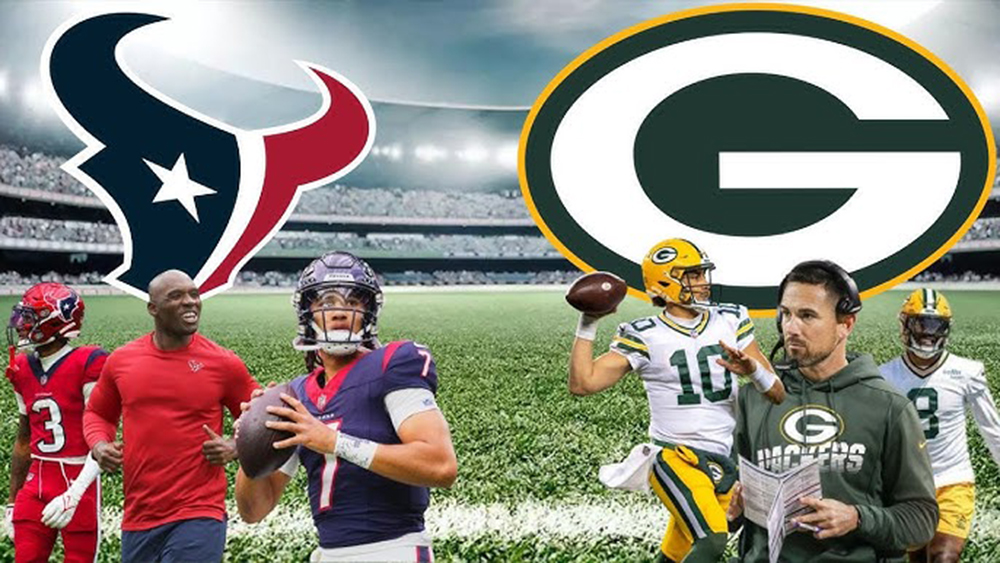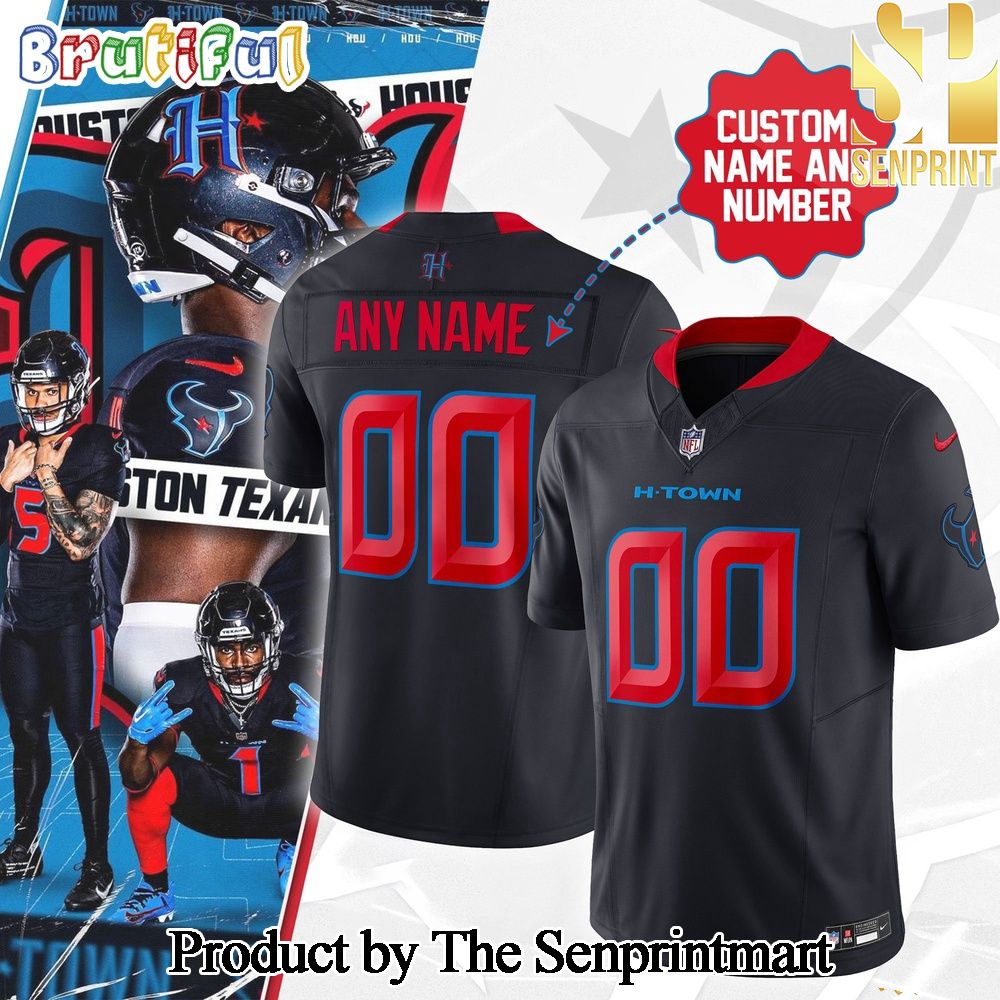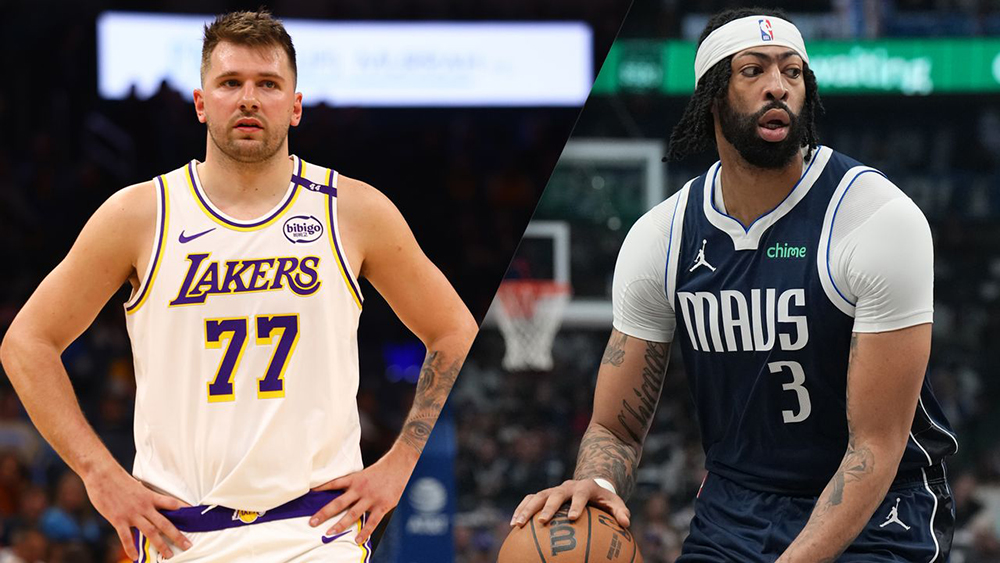Life Style
Stroud vs. Love: Debunking the NFL Quarterback Development Myth
The NFL has long struggled to determine the best course of action for developing a rookie quarterback. Should they be raised on the sidelines or tossed into the flames right away? There is no one solution, as demonstrated by the divergent paths taken by Jordan Love and C.J. Stroud.
During his debut season with the Houston Texans, Stroud, who was selected second overall in the 2023 NFL Draft, dominated the league. He led his team to an unexpected playoff participation with his passes, which totaled over 4,100 yards and 23 touchdowns. In contrast, Love learned behind Aaron Rodgers in Green Bay for three seasons before becoming the starting role in 2023. Throwing for more than 4,100 yards and 32 touchdowns, he also thrived.
Two Paths to Achievement
These different trajectories demonstrate the complexity of NFL quarterback development. Stroud flourished on first-hand gaming experience, showing off his skills and learning from obstacles. In contrast, Love gained insight and knowledge from a future Hall of Famer, progressively improving his abilities before taking center stage.
“I think everything happens for a reason,” Stroud said, looking back on his experience. I was in a position where it was best for me to play immediately. I gained knowledge by making errors and developing from setbacks. He was able to overcome the difficulties that come with being an instant starter because of this way of thinking.
Love’s accomplishments are similar to those of previous quarterbacks who emerged from understudies. Before becoming famous, Aaron Rodgers, Patrick Mahomes, and even Tom Brady all had periods of inactivity. After just one season as a starter, Love’s perseverance paid off, and he was awarded a hefty four-year, $220 million contract extension.
In the NFL, there are no guarantees.
Even though Stroud and Love are good examples of successful developmental strategies, it’s important to keep in mind that the NFL makes no promises. Many rookie quarterbacks have had difficulty adjusting to the professional game, regardless of whether they start right away or learn from the bench. Trey Lance, Kenny Pickett, and Bryce Young are recent examples that highlight the difficulties of making the move to the NFL.
Talent, work ethic, coaching, and opportunity are all important factors in the complicated equation that is quarterback success. Positive results can be achieved through both gradual development and immediate commencement; there is no secret formula.
Individualized Development’s Significance
The significance of personalized development is the main lesson to be learned from the Stroud and Love comparison. Every quarterback has different learning styles, shortcomings, and talents. While some people gain from mentorship and observation, others thrive on firsthand experience.
NFL teams must thoroughly evaluate the unique needs of each quarterback and adjust their development strategy accordingly. To maximize a young quarterback’s potential, a sophisticated approach is necessary; there is no one-size-fits-all option.
In summary
The idea that there is just one route to NFL quarterback success is disproved by the divergent experiences of C.J. Stroud and Jordan Love. The last deciding criteria are a young quarterback’s unique skills and flexibility, regardless of whether they are pushed into the deep end or given time to mature.
Both strategies can work, as Stroud and Love have shown. Their experiences serve as a reminder that there are other ways to succeed in the NFL, and the strategy that best suits the quarterback’s demands is the most effective one.
Click on the images below to own designs related to the Houston Texans
Contact us
Homepage: https://senprintmart.com/















